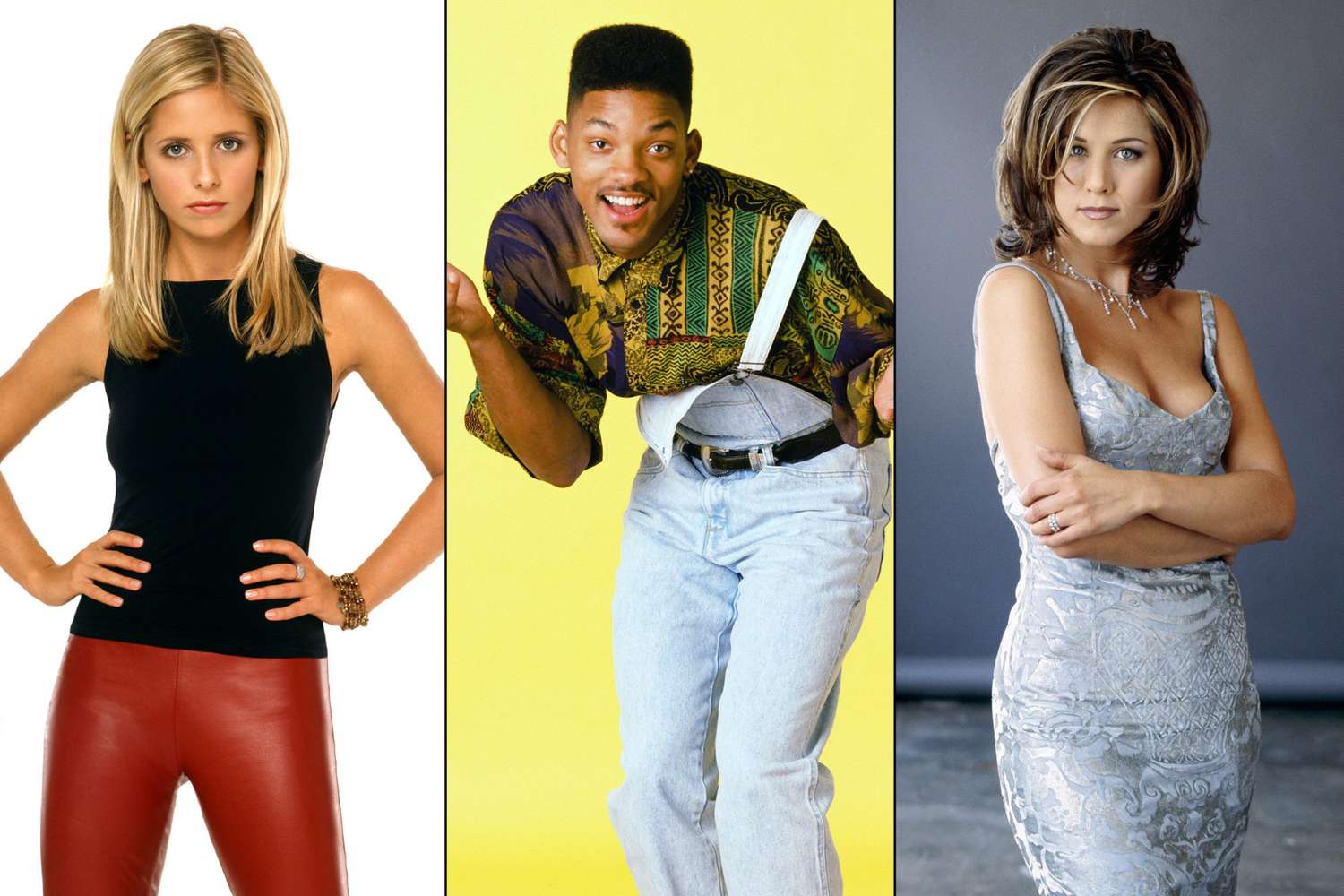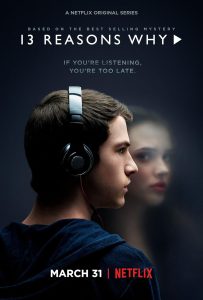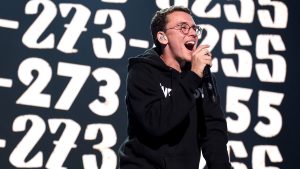Pop Culture Impact On Mental Health and Well-Being

Films, television shows, and digital media content all have a significant role in shaping perceptions of mental health and mental health support. Historically, popular culture content has been demonstrated to perpetuate negative stereotypes about mental illness in society. It has contributed to the overall stigmatization and taboo surrounding the subject. It also contributed to the negative views on help-seeking behaviours while encouraging risky behaviour.
Split 2016 ‧ Horror/Mystery:
The film Split is a psychological thriller about a man with dissociative identity disorder who kidnaps three teenage girls. The main actor, who has 23 separate personalities, is frequently depicted struggling to maintain control over his different personalities. This film inaccurately depicts the lived experiences of individuals living with (DID), who are shown as having a disorder that causes them to be aggressive and uncontrollable. In actuality, individuals living with a mental illness are the victims of violence rather than the perpetrators. This depiction reinforces stereotypes that contribute to the stigma and discrimination that individuals with mental health face in society.
who kidnaps three teenage girls. The main actor, who has 23 separate personalities, is frequently depicted struggling to maintain control over his different personalities. This film inaccurately depicts the lived experiences of individuals living with (DID), who are shown as having a disorder that causes them to be aggressive and uncontrollable. In actuality, individuals living with a mental illness are the victims of violence rather than the perpetrators. This depiction reinforces stereotypes that contribute to the stigma and discrimination that individuals with mental health face in society.
This sensationalistic approach to mental illness, which assumes individuals living with mental illness are insane or aggressive, has real-world consequences. This can lead to people neglecting to seek appropriate therapy in a timely manner.
13 Reasons Why 2017 ‧ Drama:
13 Reasons Why is a popular Netflix drama which has been criticized for its graphic depiction of teen suicides and its failure to address effective mental health resources. Although the series intended goal was to raise awareness about suicide through relatable characters, some have argued that much of the content was triggering for viewers and was also criticized for the potential of suicide contagion, implying that the content shown could inspire vulnerable teens to commit actions.
Pop culture and digital media content that gets it right can have a significant impact on reducing stigma, sparking important conversations about mental health, and fostering social inclusion.
hip-hop song: 1-800-273-8255 by Logic
American hip-hop singer Logic released a song called 1-800-273-8255, which features the American national suicide prevention hotline. The song is about seeking professional treatment for those who are experiencing a mental health crisis. The song, which premiered on YouTube, has 445 million views and a billion Spotify streams, has been performed on many music shows, and has reached the top ten of the Billboard charts. The lyrics tell a story of hope and recovery for those suffering from mental illness. The song was very well received and resulted in a 10% rise in Google searches for professional help, as well as a 5.5% decrease in suicide incidences.
References
Dean, K., Laursen, T. M., Marr, C., Pedersen, C. B., Webb, R. T., & Agerbo, E. (2024). Absolute and relative risk of violent victimisation and perpetration following onset of mental illness: a Danish register-based study. The Lancet Regional Health–Europe, 36.
Niederkrotenthaler, T., Tran, U. S., Gould, M., Sinyor, M., Sumner, S., Strauss, M. J., … & Draper, J. (2021). Association of Logic’s hip hop song “1-800-273-8255” with Lifeline calls and suicides in the United States: interrupted time series analysis. bmj, 375.
Stuart, H. (2006). Media portrayal of mental illness and its treatments: what effect does it have on people with mental illness?. CNS drugs, 20, 99-106.
